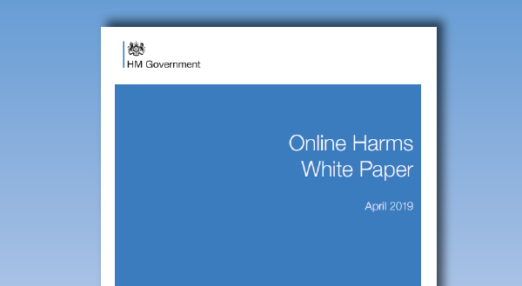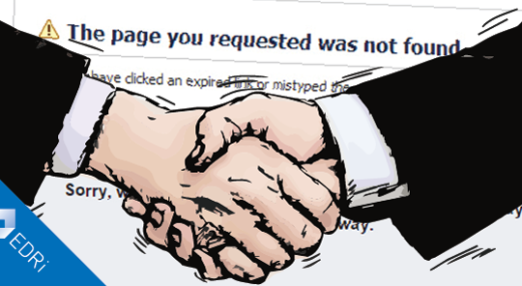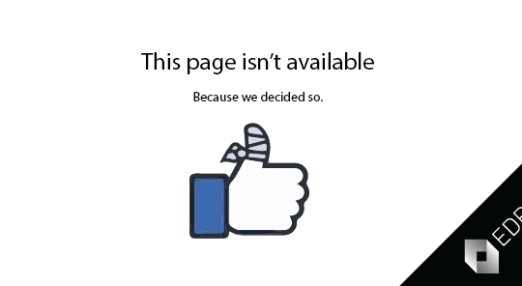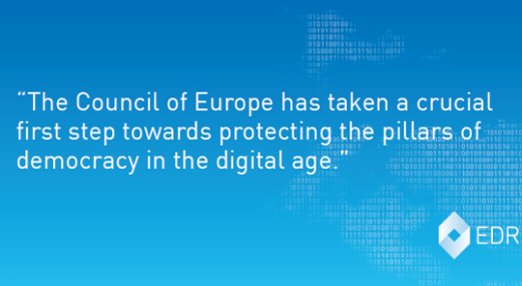privatised enforcement
Filter by...
-

E-Commerce review: Safeguarding human rights when moderating online content
This is the fourth and last blog post in our series on Europe’s future rules for intermediary liability and content moderation. You can read the introduction here. In our previous blog posts on the upcoming E-Commerce review, we discussed examples of what can go wrong with online content regulation. But let’s imagine for a moment […]
Read more
-

E-Commerce review: Mitigating collateral damage
This is the third article in our series on Europe’s future rules for intermediary liability and content moderation. You can read the introduction here. Asking social media and other platform companies to solve problems around illegal online content can have serious unintended consequences. It’s therefore crucial that new EU legislation in this field considers such […]
Read more
-

More responsibility to online platforms – but at what cost?
In the European Commission’s internal note published by Netzpolitik.org on 16 July 2019, the Commission presents current problems around the regulation of digital services and proposes a revision of the current E-Commerce Directive. Such a revision would have a huge impact on fundamental rights and freedoms. This is why it’s crucial for the EU to […]
Read more
-

E-Commerce review: Technology is the solution. What is the problem?
This is the second article in our series on Europe’s future rules for intermediary liability and content moderation. You can read the introduction here. When it comes to tackling illegal and “harmful” content online, there’s a major trend in policy-making: Big tech seems to be both the cause of and the solution to all problems.
Read more
-

E-Commerce review: Opening Pandora’s box?
The next important battle for our rights and freedoms in the digital sphere is looming on the horizon. While the public debate has recently focused on upload filters for alleged copyright infringements and online “terrorist” content, a planned legislative review will look more broadly at the rules for all types of illegal and “harmful” content.
Read more
-

UK: Online Harms Strategy must “design in” fundamental rights
After months of waiting and speculation, the United Kingdom government Department for Digital, Culture, Media and Sport (DCMS) has finally published its White Paper on Online Harms – now appearing as a joint publication with the Home Office. The expected duty of care proposal is present, but substantive detail on what this actually means remains […]
Read more
-

Poland: Privatised law enforcement or protecting users’ rights?
How to regulate content moderation policies of Facebook and other social media platforms is a challenge worldwide. In Poland, such a discussion has been ongoing for more than a year. A few months ago, the previous Minister of Digital Affairs Anna Strzezynska presented the proposal for a new bill, whose aim was to guarantee that […]
Read more
-

Terrorist Content Regulation: Civil rights groups raise major concerns
On 4 December 2018, a coalition of 31 civil society organisations published a letter that raises significant concerns regarding the proposal for a Regulation to prevent the dissemination of terrorist content online. The letter was addressed to the EU Member States’ Home Affairs Ministers, ahead of their meeting on 6 December.
Read more
-

ENDitorial: Facebook can never get it right
In 2017, a man posted live footage on Facebook of a murder he was committing. The platform decides whether you get to see this shocking footage or not – an incredibly tricky decision to make. And not really the kind of decision we want Facebook to be in charge of at all.
Read more
-

ENDitorial: YouTube puts uploaders, viewers & itself in a tough position
A pattern is emerging. After blocking a controversial video, YouTube nonpologises for doing so, and reinstates the video... just to block it again a few months later. The procedures around content moderation need to improve, but that's not all: more needs to change.
Read more
-

Anatomy of a Commission press campaign. Case study: Terrorist Content Regulation
On 12 September, the European Commission will propose a new legislative tool: the Regulation on preventing dissemination of “terrorist content”
Read more
-

Council of Europe takes world-leading step towards protecting online rights
Today, on 7 March 2018, the Council of Europe (CoE), Europe's leading human rights organisation, adopted a Recommendation on the roles and responsibilities of internet intermediaries that will have a global impact. (The final, almost identical version will be online in a few days.)
Read more
